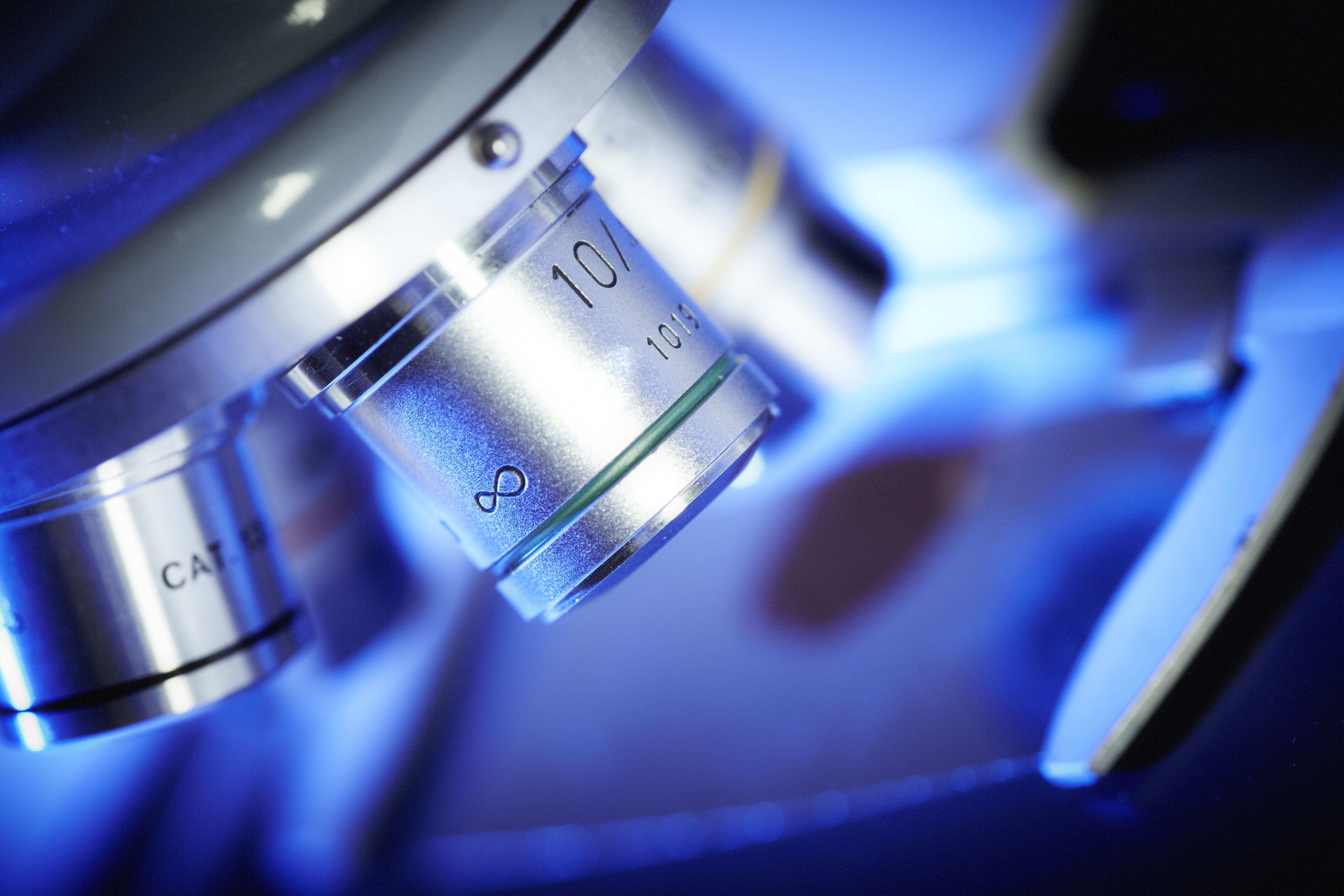
(Vienna, 06 July 2018) Patients with congenital diarrheal disorders, a group of rare inherited diseases with largely unknown mechanisms, suffer from severe to life-threatening diarrhea and nutrient malabsorption from birth. Using state-of-the-art genetic and molecular biology analysis methods involving the revolutionary gut organoid technology, researchers from the LBI RUD and CeMM, together with the Medical University of Innsbruck and University Medical Center Utrecht identified a cohort of DGAT1-deficient patients that is the largest to date. The scientists also unveiled the molecular mechanisms of the affected protein and discovered its crucial role in fat digestion. The results, published in Gastroenterology, lead to a substantial therapy improvement of the patients and displayed new fundamental features of human biology.
In order for our body to absorb fat from our diet, a series of complex biochemical reactions take place. First, the fat molecules consisting of a glycerol bound to three fatty acids (therefore also known as triglycerides) have to be digested by various enzymes into its components prior to being absorbed by cells of the small intestine, the enterocytes. Here, they are restored into triglycerides and packed into small particles which are released into the blood stream and transported into the rest of the body. If this process of dietary fat is disturbed, it can lead to devastating conditions.This was the case with ten children from six families, that suffered since birth from extreme diarrhea and/or vomiting. After a number of conventional therapies failed, the case of the young children was reported to the team of Kaan Boztug, Director of the Ludwig Boltzmann Institute for Rare and Undiagnosed Diseases (LBI RUD) and Adjunct Principal Investigator of the CeMM Research Center for Molecular Medicine of the Austrian Academy of Sciences. In collaboration with the Medical University of Innsbruck, the University Medical Center Utrecht and the Ankara University School of Medicine, the scientists performed DNA sequencing on the patients and identified mutations in the gene for a protein called diacylglycerol-acyltransferase 1 or DGAT1. The study was published in Gastroenterology (DOI: 10.1053/j.gastro.2018.03.040).DGAT1 is an enzyme crucial for the terminal step of triglycerides formation in enterocytes, which are cells lining the intestinal tract. The scientists showed that the mutations resulted in a reduced or total lack of DGAT1 protein in cells of the patients. In an in vitro experiment, those cells were not able to metabolize lipids properly. Above that, the researchers were able to establish gut organoids - miniaturized and simplified structures with organ-like properties - out of patient-derived biopsies and recapitulated the effects of the genetic defect. Excitingly, repairing the function of DGAT1 in patient-derived fibroblast cells or inducing another enzyme called DGAT2 restored the lipid metabolism.“Gut organoids may serve as an excellent model system to further characterize gastrointestinal diseases”, Rico Ardo. PhD Student at CeMM/LBI RUD and co-first author of the study, emphazises. “In combination with the other experimental approaches, they enabled us to elucidate the genetic cause and molecular mechanism of the patients’ symptoms. These findings indicate the importance of DGAT1 in fat metabolism in the intestinal epithelium.”“Studying such rare diseases pinpoint core homeostatic processes in human physiology and enable us to find therapies where conventional approaches fail”, Kaan Boztug adds. “The DGAT1-deficient patients have been commenced in a fat-free diet as a first line of therapy, which is proving effective, and LBI RUD researchers are exploring the development of more specific and precise personalized therapies”.The study highlights the importance of genetic diagnosis of patients with early onset diseases as a crucial step for developing a proper care and therapy. At the same time, this work once again shows the general relevance of research on rare diseases, which in many cases not only helps affected patients, but also provides new insights into human biology.
About the LBI-RUD
The Ludwig Boltzmann Institute for Rare and Undiagnosed Diseases (LBI-RUD) was launched by the Ludwig Boltzmann Gesellschaft in April 2016 together with its partner institutions including the CeMM Research Center for Molecular Medicine of the Austrian Academy of Sciences, the Medical University of Vienna and the Children’s Cancer Research Institute and the St Anna Children’s Hospital Vienna. Its research remit is the thorough analysis of rare diseases of the hematopoietic system, the immune system and the nervous system – as such not only dedicated to provide research for the development of personalized therapeutics for affected patients, but with similar efforts dedicated to unravel novel insights into human biology. Benefitting from full access to the infrastructure of its partner institutions, LBI-RUD has established a coordinated research programme, integrating and considering scientific, sociologic, ethical and economical aspects of rare diseases.